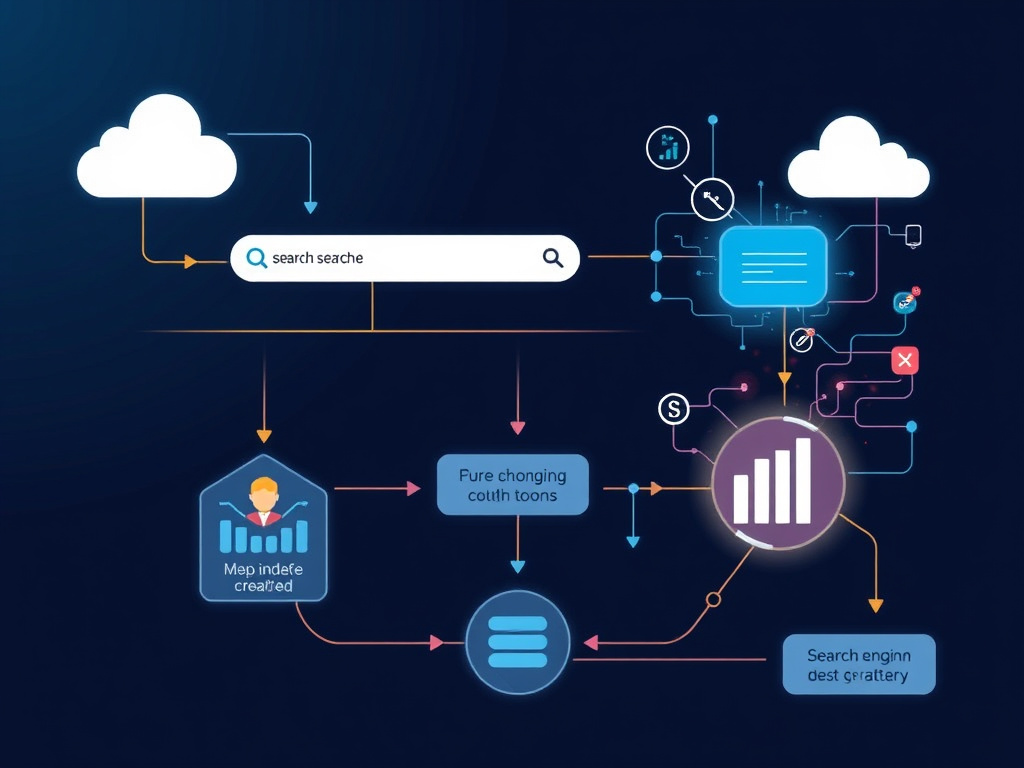In the vast digital landscape, search engines serve as the gateways to the internet’s infinite knowledge. As someone deeply engaged in online content and digital marketing, I’ve always been fascinated by how these complex systems operate beneath the surface, shaping our information consumption and online behavior. In this article, I’ll delve into the intricate world of search engines — exploring their mechanisms, evolving algorithms, and the profound impact they have on our digital lives.
Introduction: Why Search Engines Matter More Than Ever
Every day, billions of users turn to search engines like Google, Bing, or DuckDuckGo to find answers, products, and services. Their ability to sift through massive amounts of data and deliver relevant results is nothing short of remarkable. But beneath this simplicity lies a deeply complex and constantly evolving technology that influences everything from business rankings to personal privacy.
Understanding search engines isn’t just for SEO specialists; it’s crucial for anyone who wants to grasp how information is curated and presented in the digital age. Let’s explore how these systems work and why they are central to our online experiences.
!
How Search Engines Work: The Core Components
At their core, search engines operate through three main processes:
1. Crawling
This is the initial step where search engines send out bots or spiders to discover new or updated web pages. These crawlers traverse the internet, following links and collecting data.
2. Indexing
Once pages are crawled, the data is organized into vast indexes, similar to a library catalog. This index allows the search engine to quickly retrieve relevant pages based on user queries.
3. Ranking
When a user inputs a query, the engine’s algorithms analyze the indexed pages and rank them based on relevance and authority, presenting the results in order of importance.
Table: Search Engine Workflow
| Step | Description | Purpose |
|---|---|---|
| Crawling | Discover new or updated web pages | Build and update the search index |
| Indexing | Organize and store page data | Enable fast retrieval |
| Ranking | Evaluate relevance and authority to order results | Deliver most relevant results to user |

The Evolution of Search Algorithms: From Keywords to Context
Search engines are not static; they evolve through sophisticated algorithms designed to improve result relevance. Initially, keyword matching was king. Today, contextual understanding, semantic analysis, and machine learning have revolutionized search.
Major Algorithm Updates
- Panda: Focused on content quality, penalizing low-value pages.
- Penguin: Addressed spammy link practices.
- Hummingbird: Enhanced understanding of natural language queries.
- BERT: Improved comprehension of context within search queries.
Bold statement: Modern search engines prioritize user intent over mere keyword presence. This shift underscores their move towards understanding the nuances of human language.

How Search Engines Influence Digital Marketing
Harnessing the power of search engines is vital for digital success. SEO strategies must align with evolving algorithms to ensure visibility.
Key SEO Factors in the Age of Search Engines
- Content Quality: Providing valuable, well-structured information.
- User Experience: Fast, mobile-friendly, and intuitive websites.
- Backlinks: Earning reputable links to boost authority.
- Technical SEO: Ensuring proper indexing and crawlability.
Impact on Businesses
| Benefit | Explanation |
|---|---|
| Increased Visibility | Higher rankings lead to more traffic |
| Brand Authority | Trust is built through appearing at the top of results |
| Customer Insights | Search data reveals consumer intent and preferences |

The Future of Search Engines: AI, Voice, and Personalization
Looking ahead, artificial intelligence and voice recognition will further transform search engines. Personalized results, powered by AI, aim to deliver tailored experiences based on user behavior and preferences.
Emerging Trends
- Conversational Search: Voice assistants like Alexa or Siri make querying more natural.
- Visual Search: Image recognition enables searches based on photos.
- Privacy-Focused Search: Growing concern over data privacy leads to alternatives like DuckDuckGo.
Key takeaway: The future of search engines hinges on balancing personalization with privacy, leveraging AI to improve relevance without compromising user trust.

Key Takeaways
- Search engines are intricate systems combining crawling, indexing, and ranking algorithms.
- Their evolution reflects a shift from keyword matching to understanding user intent and context.
- Success in digital marketing depends heavily on optimizing for search engine algorithms.
- The future promises more personalized, voice-enabled, and privacy-conscious search experiences.
Frequently Asked Questions (FAQs)
1. How do search engines decide which pages to rank first?
Search engines use complex algorithms that evaluate relevance, authority, content quality, user engagement, and technical factors. Updates like Google’s Core Algorithm refine how these are weighed.
2. Can I manipulate search engine rankings?
While some tactics like keyword stuffing or spammy link-building can temporarily boost rankings, search engines continually improve their algorithms to penalize manipulative practices, emphasizing genuine quality.
3. How important is mobile optimization for search engines?
Extremely important. Mobile-first indexing means search engines prioritize mobile-friendly websites when determining rankings.
4. What role does user privacy play in search engine development?
It’s increasingly critical. Privacy-focused search engines and features aim to protect user data while still delivering relevant results.
Conclusion: Navigating the Complexities of Search Engines
Understanding the intricate inner workings of search engines reveals their profound influence on the digital world. They are not merely tools for finding information but complex systems that shape how we access, interpret, and trust data online. As technology advances, staying informed about these developments is essential for leveraging their full potential — whether for personal use, content creation, or digital marketing.
In my opinion, the future of search engines lies in their ability to blend advanced AI, personalization, and privacy — ultimately serving us better in an increasingly connected world. Embracing these changes will ensure we remain at the forefront of digital innovation.
Embark on your journey to mastering search engines today, and unlock the full power of the digital realm.


